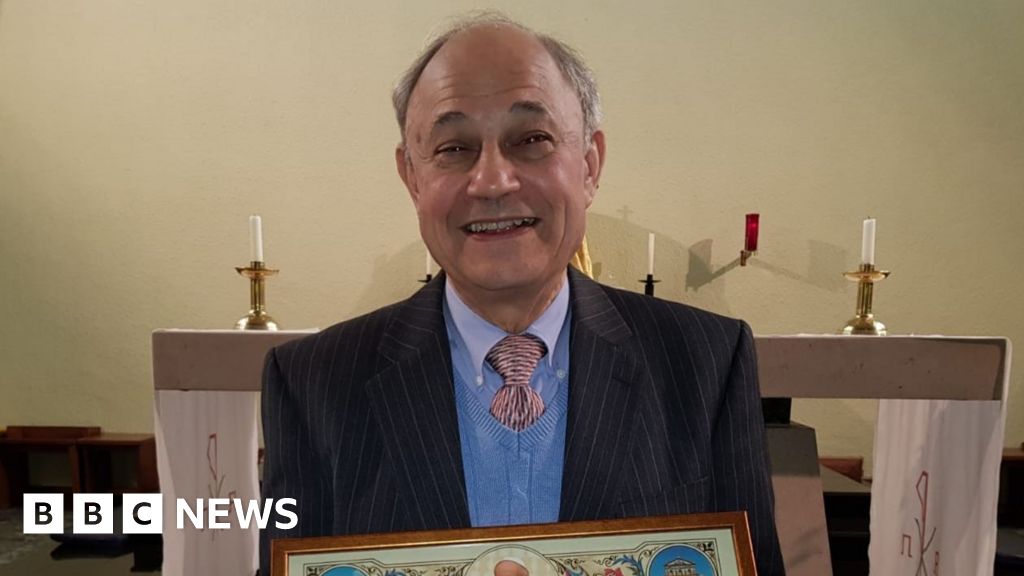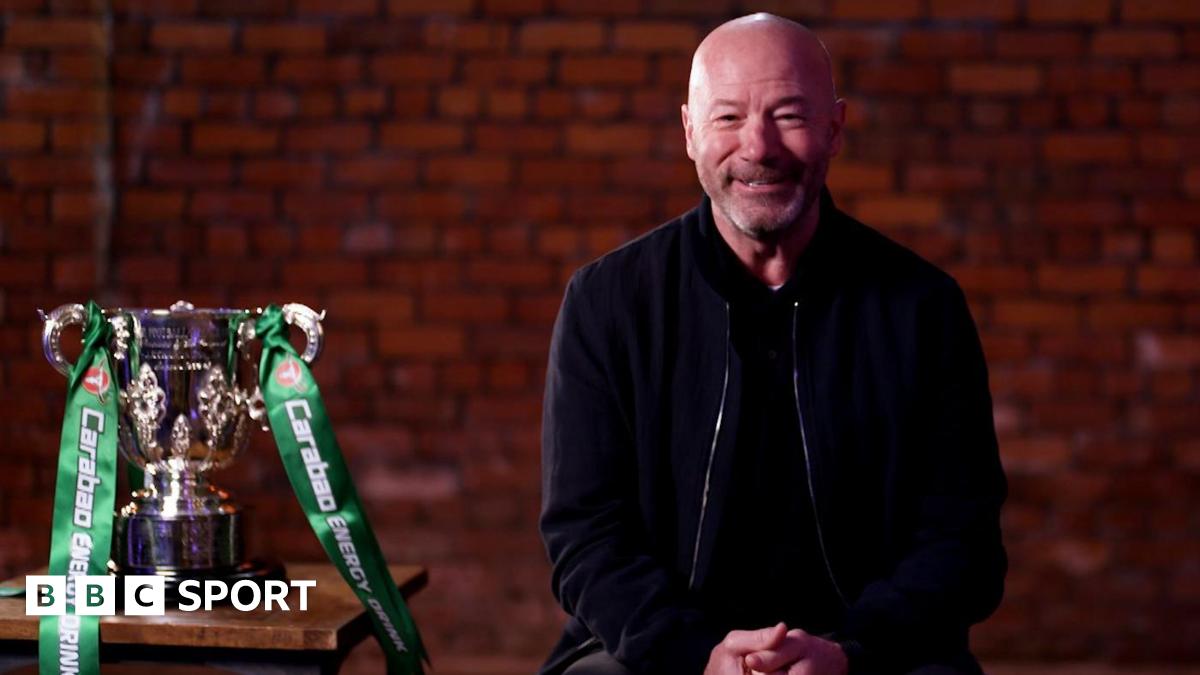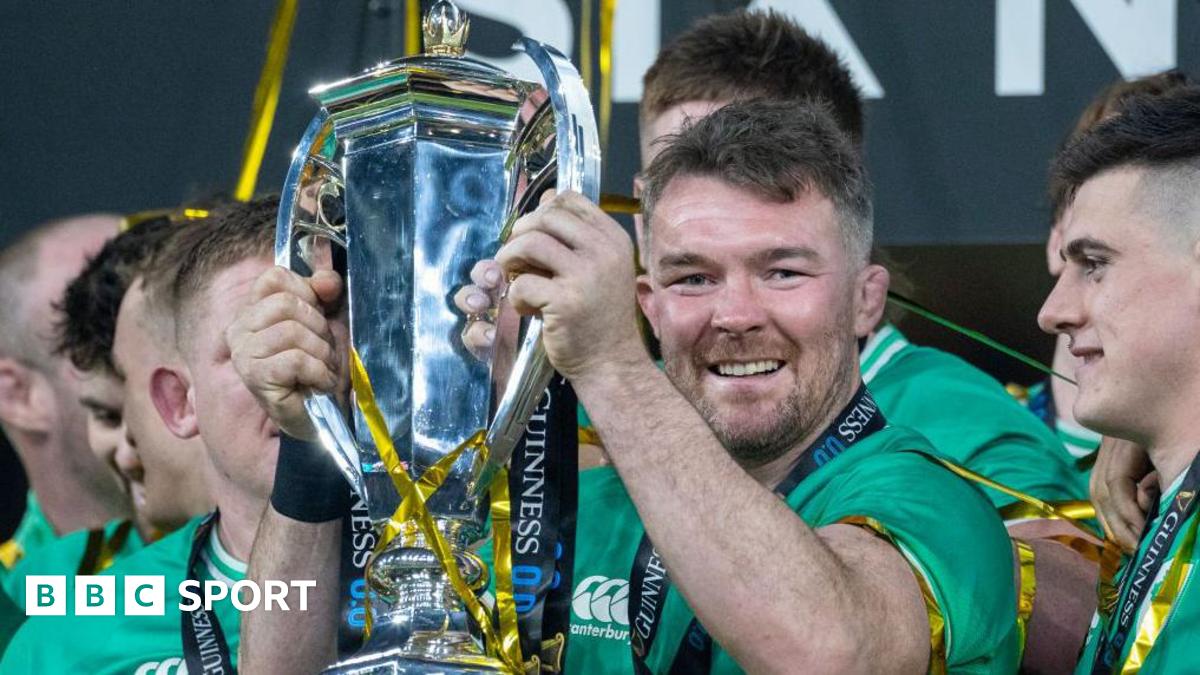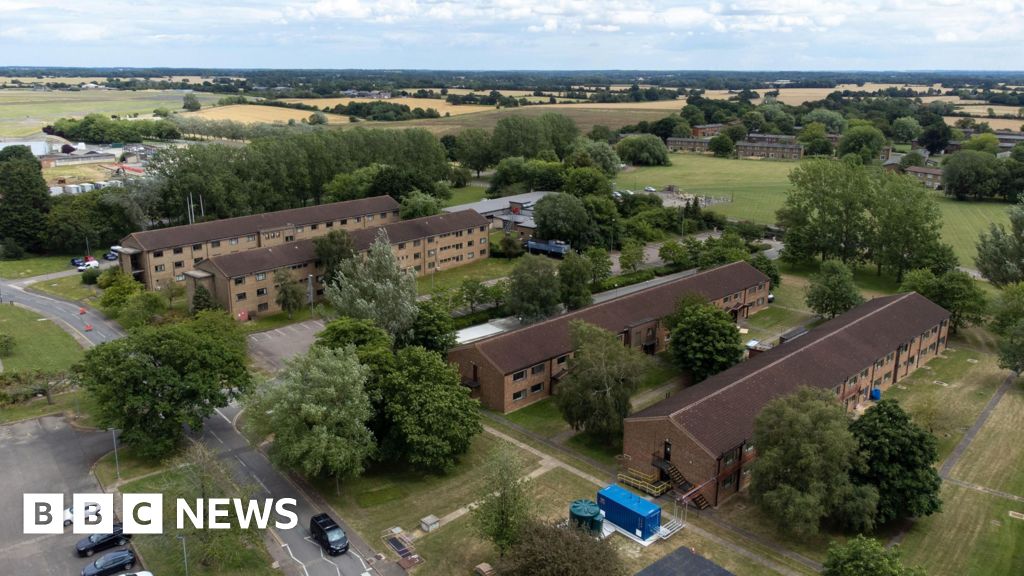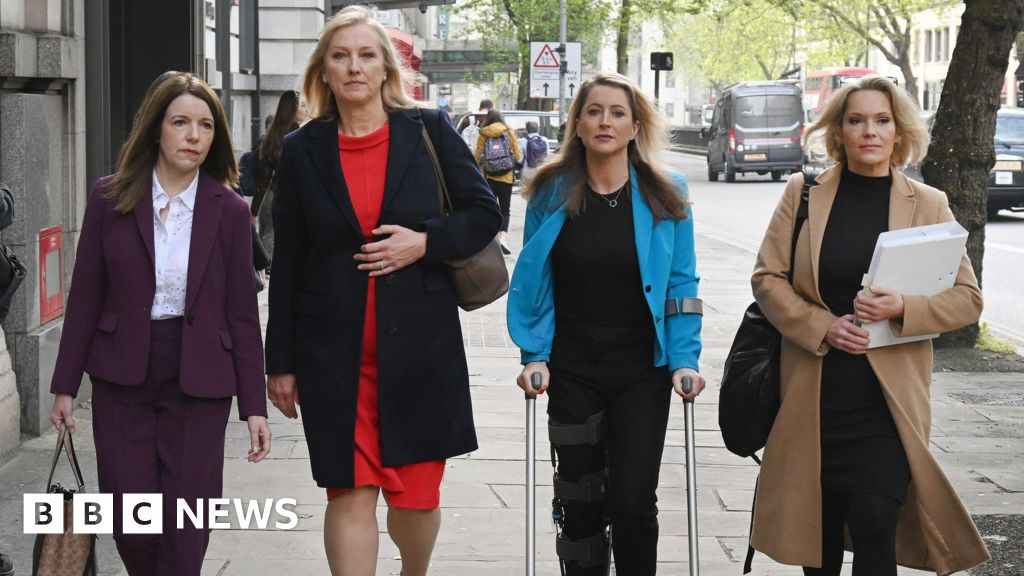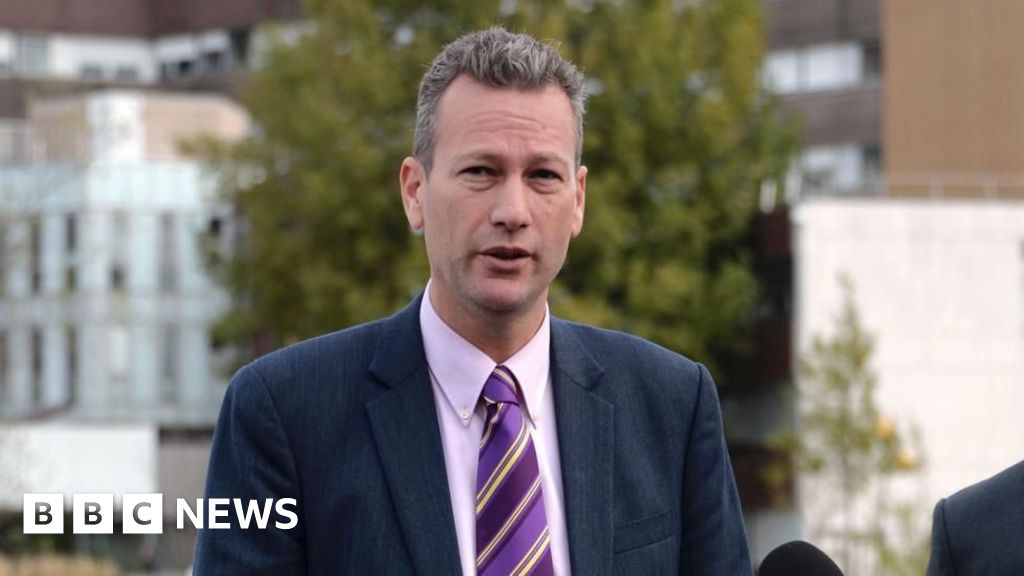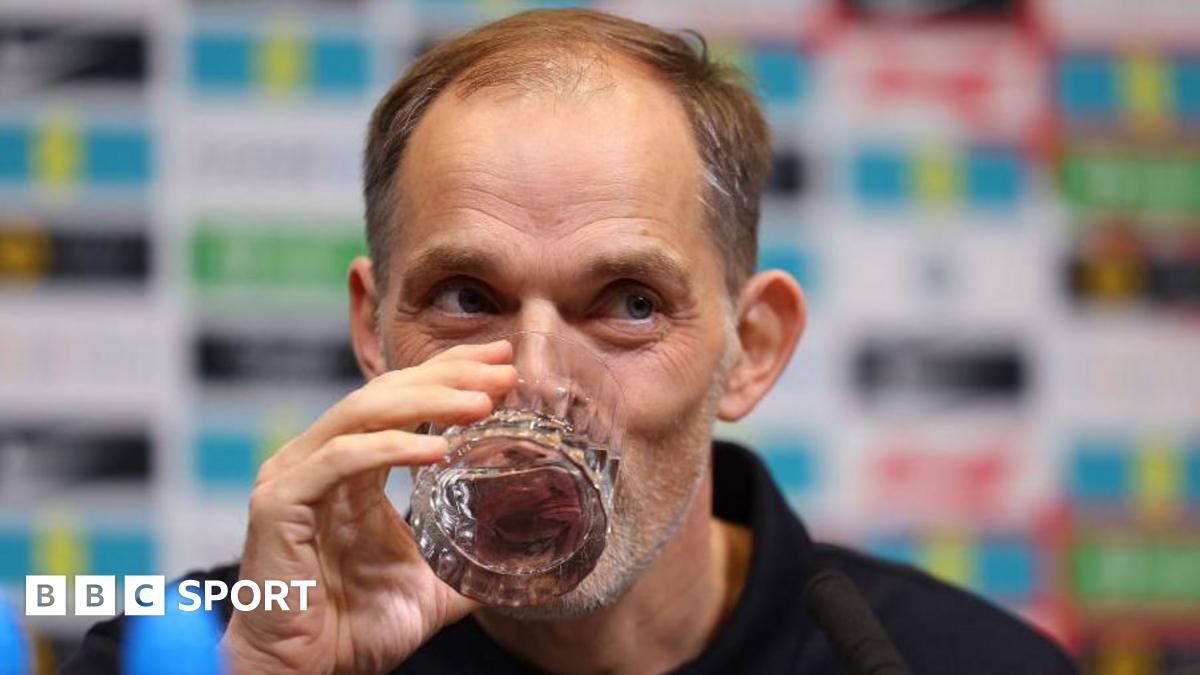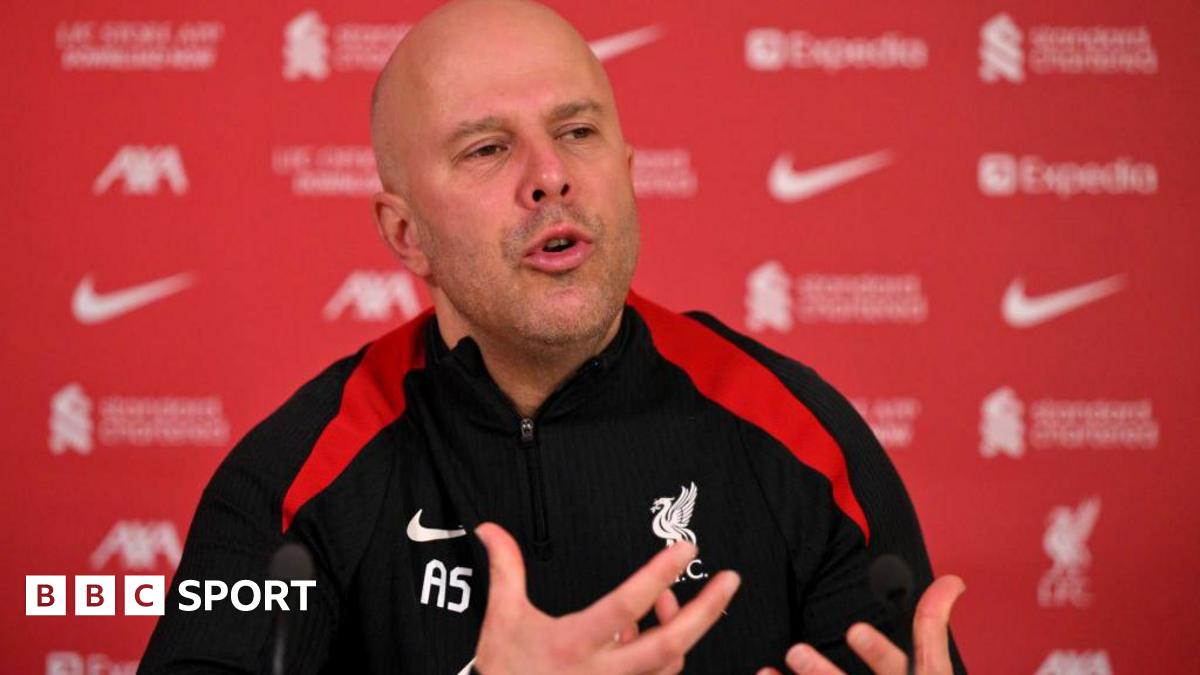As a crestfallen, dumbstruck Rory McIlroy sped away from the Pinehurst players’ car park following the bitterest defeat of his career, I remembered something Adam Scott said a couple of years ago while recalling his own worst golfing nightmare.
“I think it probably hurts me more today than it did at the time,” the Australian said. We were discussing moments 10 years earlier when he had blown a four-shot lead with four to play at the 2012 Open.
Scott had played 45 winless majors prior to that meltdown and he did recover to win the following year’s Masters. But The Open was the title he has always coveted more than any other.
“I remember feeling numb after that,” he admitted. “But it is really gutting now that I don’t have a Claret Jug. I blew it.”
Even though he has four major wins, McIlroy craves another success more than is probably good for his health. Certainly the desire to get back over the line scrambled his mind and game down the closing stretch at Sunday’s US Open.
This was his 37th attempt at adding to his tally. The only man bar Tiger Woods and Jack Nicklaus to have won four majors by the age of 25 had it firmly within his grasp.
Here he was in the dusty, sultry heat of North Carolina, on an iconic course at the climax of a classic US Open. Thirty-five years old, a prolific winner at every other level, but scarred.
Scarred and scared.
A decade of heartache, demons built through so many near misses from St Andrews to Augusta, to Carnoustie, to Los Angeles were, surely, about to be banished.
But the demonic forces were too great. Meltdown.
The green at the short 15th missed, and a par putt at 16 from 30 inches missed. Successive bogeys leaving the door ajar for a ragged but indomitable Bryson DeChambeau.
And once McIlroy erred again from less than four feet at the last, the charismatic American barged that door off its hinges with one of the greatest up and downs from sand the game has ever seen.
It was extraordinary, titanic, gut wrenching sport, but that will be of no consolation to the forlorn McIlroy.
In boxing you can be knocked out cold, rugby players are routinely battered, footballers clattered and tennis stars made to serve, smash, sprint and slide all night long.
Golf is a stroll, hell, you can have a smoke between shots if you like. But there is no sport quite like it for inflicting the most savage psychological blows.
There is no one else to blame other than yourself when it goes wrong. You made the mistakes, no-one else. It is on you.
And when those calamitous moments come in the same round as some of the best golf of your life - play that has put you on the precipice of such elusive glory and you throw it away, there is nowhere to hide.
Even when you have, as McIlroy did, departed the scene before the champion has received his trophy. The Northern Irishman was airborne, headed for his Florida home, before the triumphant DeChambeau had finished his news conference.
The champion talked and talked and talked, as well he should. But the shattered McIlroy did not speak to waiting reporters as Scott had done in the wake of his dismal Lytham collapse that saw Ernie Els emerge victorious.
Indeed, McIlroy also failed to emulate Jean van de Velde who spoke after famously taking seven at the last at Carnoustie in 1999 when six would have given him the Claret Jug.
Greg Norman talked after coughing up a six-shot lead to Sir Nick Faldo at the 1996 Masters and Dustin Johnson gave a quote after three putting the last to lose the 2015 US Open at Chambers Bay.
“He should have gone to the mic and just cried,” a veteran golf hack told me. “Get it done, get it out there. Everyone would have just had sympathy.”
Regardless, we have sympathy - only the coldest of hearts could not feel for the guy. McIlroy was crushed.
It was the same for Colin Montgomerie, who barged past a New York State Trooper after double bogeying the last at the 2006 US Open. Par would have given the Scot major success at long, long last and for him there was never another chance.
And how on earth does McIlroy recover from this? The calamitous climax to his final round offered proof that, no matter how well he is playing, mentally he is vulnerable at the biggest moments.
There is no shame in that. He puts himself out there, tests himself in the toughest golfing environments. Time and again he does it and he is good enough to repeatedly contend.
This was his sixth successive US Open top-10 and he is now the only man to finish solo second two years running.
It takes courage to put yourself out there, to fight but fail and get back up off the canvas and do it again.
But this defeat is so savage it prompts questions for the future. What happens the next time he has a major within his grasp? How does he banish such painful memories?
More pertinently what does he do to change the script?
McIlroy has always been a one man band on the course. He knows best and his best is often brilliant.
He loves the fact that he strides the fairways with his Belfast boyhood pal, Harry Diamond, at his side.
He pinches himself at such a scenario - that they together have lifted so many trophies - Ryder Cups, the Players, World Golf Championships and season long titles on both sides of the pond.
Many contend that he should have a gnarled, experienced bagman at his side, someone who simply would not allow a meltdown such as the one we witnessed here in North Carolina.
Scott had the great Steve Williams at his side at Lytham. It is not the caddie who misses the kind of crucial tiddlers that sealed McIlroy’s fate at Pinehurst.
But they do play a key role and Williams was an invaluable asset the following April at Augusta when Scott became the first Aussie to win the Masters.
No one knows whether McIlroy would be better off with a different caddie, or a different mind or putting coach or media manager for that matter. Not even him.
But these questions must surely be on the agenda as he seeks a recovery plan. Something has to radically change because you cannot keep doing the same things and expect an altered outcome. Madness.
DeChambeau stated McIlroy “will win many more majors” just as Woods had said in April that it is only a matter of time before the Ulsterman completes the career Grand Slam by winning the Masters.
They were being nice.
Of course he has the raw ability but what about the mental capacity?
What Pinehurst reinforced was that there are absolutely no guarantees that he will land major number five. And the pain from this will endure - just ask Adam Scott.
Scott used his Lytham defeat to fuel a fire that brought Masters glory. If only, for McIlroy. It will not be that easy.
But he has to get get back on the horse. And try to ensure he is not kicked in the teeth by it. Again.

 8 months ago
56
8 months ago
56

